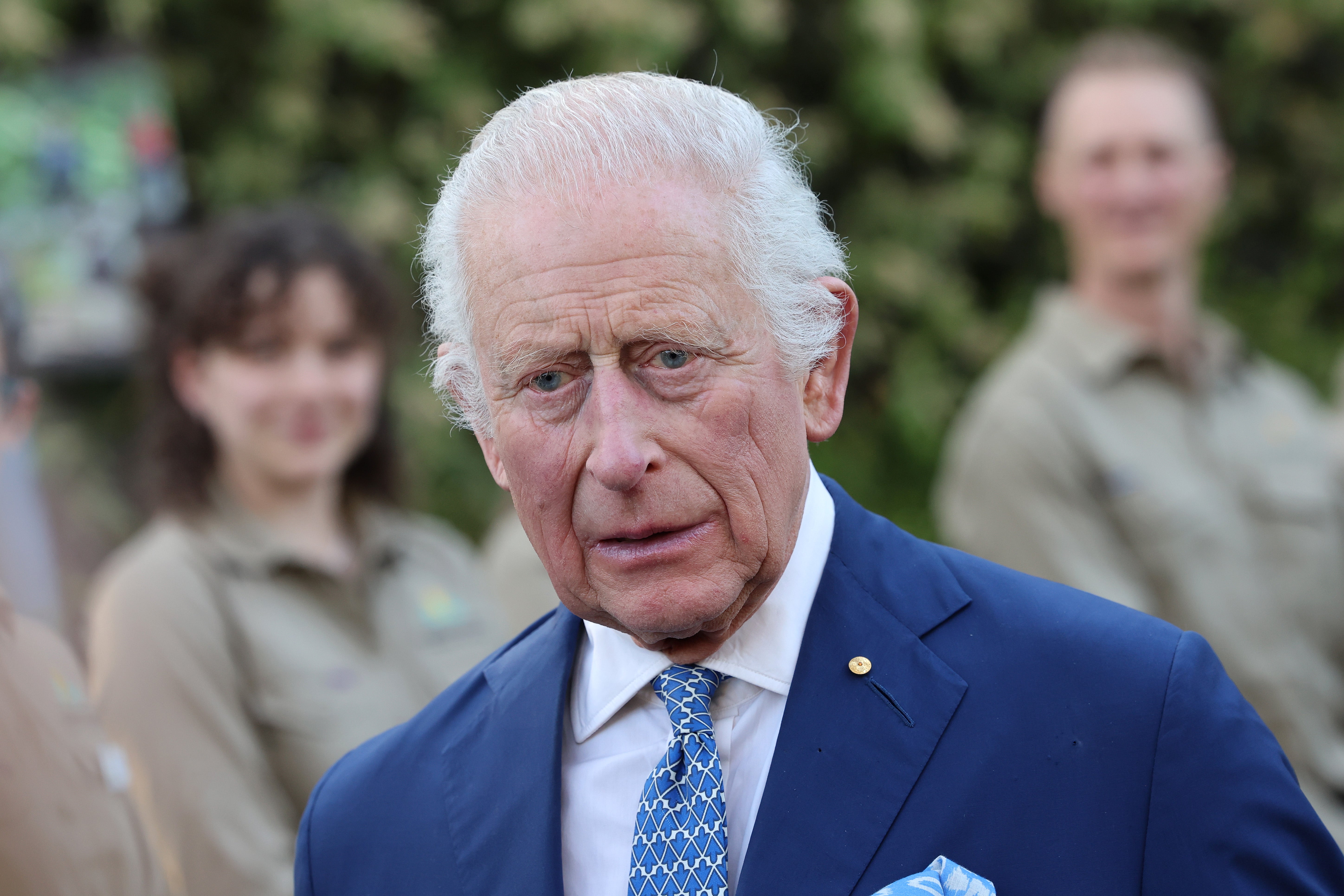
Lidia Thorpe Protests King Charles, Declaring 'You Are Not My King'
Australian Senator Lidia Thorpe recently made headlines by confronting King Charles during his visit to Canberra, Australia's capital. Thorpe, an outspoken advocate for Indigenous rights and a critic of the British monarchy's colonial legacy, interrupted the King’s address to Parliament by shouting, "This is not your land, you are not my King." Her protest was brief but powerful, as she was swiftly escorted out by security.
Thorpe’s protest was a direct response to King Charles’ speech and symbolic presence as Australia’s head of state, a position held by the British monarch as part of the Commonwealth. Thorpe, an Aboriginal woman and an independent senator representing Victoria, accused the monarchy of genocide against Indigenous Australians and expressed deep frustration over the historical injustices suffered by her people. Her words carried a potent message, highlighting the long-standing debate over the unresolved issues of sovereignty, land rights, and the treatment of Australia’s First Nations.
Also Read:- Could Kevin Durant Be Traded to the Cavaliers in a Blockbuster Move?
- Disney Announces New Leadership Plans with James Gorman as Chairman and CEO Transition Timetable
For Thorpe, the protest was not just about heckling King Charles, but about raising awareness of a broader issue—Australia’s failure to sign a treaty with its Indigenous peoples, a treaty that many Indigenous Australians believe is long overdue. Unlike other countries like New Zealand, Australia never established a formal agreement with its Indigenous population, which leaves many First Nations people feeling like their rights and lands have never been rightfully acknowledged or respected.
Thorpe’s call for a treaty also reflects the frustration among many Aboriginal and Torres Strait Islander people over the lack of progress in addressing socio-economic disparities and ongoing systemic discrimination. Her protest came at a time when Australia is grappling with its identity and relationship with the British monarchy, as discussions around becoming a republic and fully severing ties with the Crown continue to resurface.
While Thorpe’s protest garnered support from some, it also attracted criticism. Aboriginal elder Aunty Violet Sheridan, who had earlier welcomed King Charles, called Thorpe’s actions disrespectful. Sheridan emphasized that Thorpe does not speak for all Aboriginal people and pointed out that the King is battling health challenges, including undergoing treatment for cancer. Despite the disruption, the royal visit continued as planned, with the King and Queen meeting thousands of people who had gathered to greet them outside Parliament.
The incident sparked a broader conversation about the relevance of the monarchy in modern Australia and the legacy of colonialism. For some Australians, the royal family remains an important cultural symbol, while for others, particularly Indigenous Australians, it represents a painful history of dispossession and violence. Thorpe’s protest served as a reminder that for many, the scars of colonialism are still fresh, and the fight for justice and recognition remains ongoing.
Despite the polarizing reactions to Thorpe's protest, it was clear that her actions had succeeded in putting Indigenous issues front and center during the King’s visit. Her message was bold and unambiguous: the legacy of colonialism cannot be ignored, and for true sovereignty to be recognized, Australia must address its past and work toward a future that honors its First Nations peoples.
Read More:

0 Comments